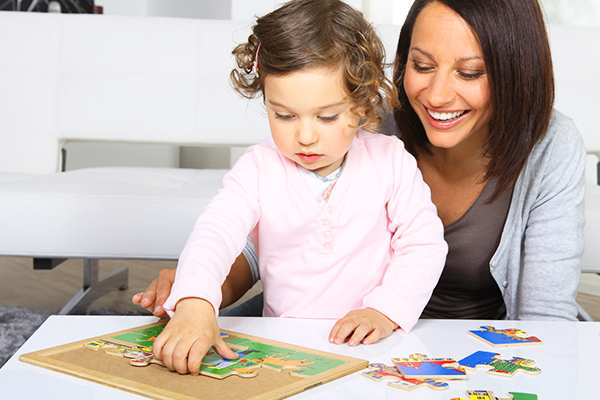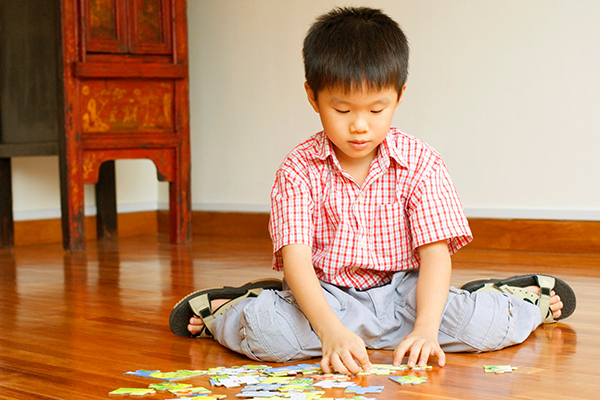6 Reasons Why Jigsaw Puzzles Are GREAT for Children
Children of all age groups can enjoy jigsaw puzzles. Even in these technology-driven times of computer and video games, puzzles continue to be popular among children, and there are several cognitive benefits. Here are six reasons why you should consider jigsaw puzzles:
- Solving jigsaw puzzles is a great way to pass time.
It is also a healthy source of entertainment for children. Puzzles can hold children’s attention and keep them engaged for a longer period. While on the one hand it taxes the brain, on the other hand it also helps to relax the mind by diverting attention from stressful thoughts. Solving jigsaw puzzles also helps children to develop gross and fine motor skills, hand–eye coordination, and shape recognition.
- Jigsaw puzzles are cheap and reusable.
Children can play with them again and again. For older children, you can make the activity more interesting and challenging, by setting a time limit to complete it. This way, they will learn how to work to achieve their goals and deadlines.
- Puzzles are valuable educational tools.
Jigsaw puzzles of maps, animals, numbers, etc., are a great way of prompting children’s interest in different subjects. They are also a great way of developing cognitive, visual-spatial, collaborative and social skills. Puzzles educate children and help them to gain confidence in a range of skills.
- Puzzles help children develop problem-solving skills and boost logical reasoning.
Solving a jigsaw puzzle is not always easy for children. Most of the time they need to stop and think about how and where to fit the different pieces. Figuring this out requires children to apply critical thinking. And, every time they solve a puzzle, children build confidence and develop strategies to solve it faster the next time. Solving jigsaw puzzles also helps to develop and hone critical problem-solving skills, strategic thinking, and logical reasoning ability.
- Solving puzzles improves concentration and memory.
One of the strategies children adopt to solve puzzles is to remember and recall how the different pieces fit. This boosts their memory. It also helps them to improve their ability to focus for long hours.
- Children develop patience by trying to solve puzzles.
Solving a puzzle is a challenge, and overcoming any challenge requires time and patience. By learning to slowly work through the puzzle, children develop patience. They also learn to not give up and keep persevering until they reach their goal.
KYDZ NATION loves to help children learn, grow and play! Visit our KYDZ NATION blog often for more easy and helpful tips.
KYDZ NATION is committed to helping children grow up safe, healthy and strong! Follow our blog for more tips on maintaining a safe and active lifestyle routine for your loved ones.





